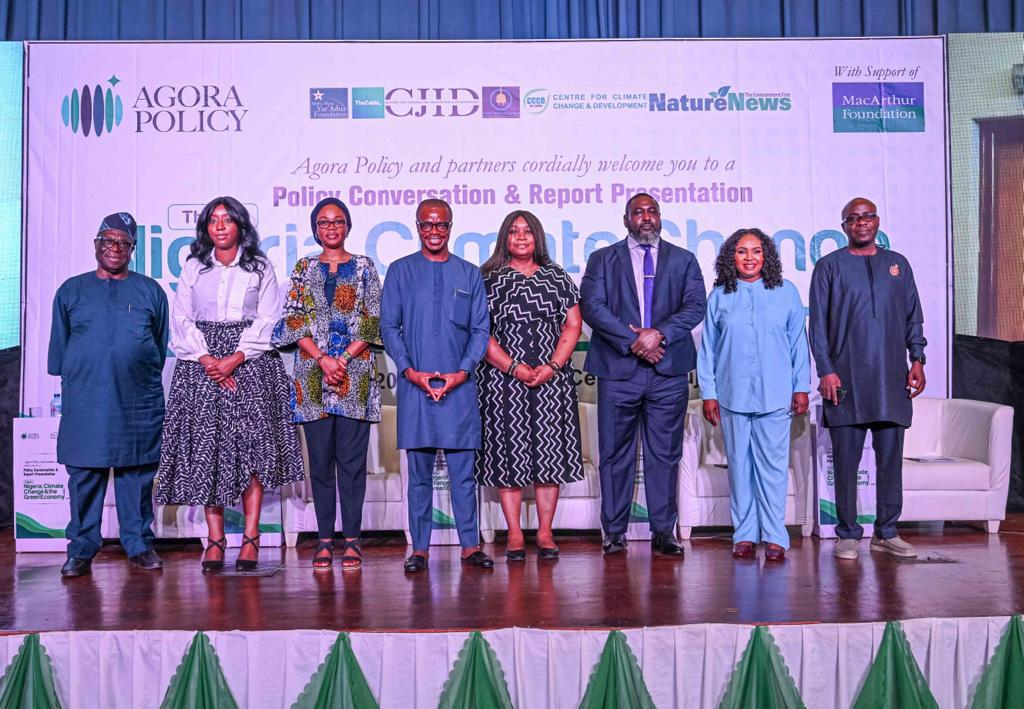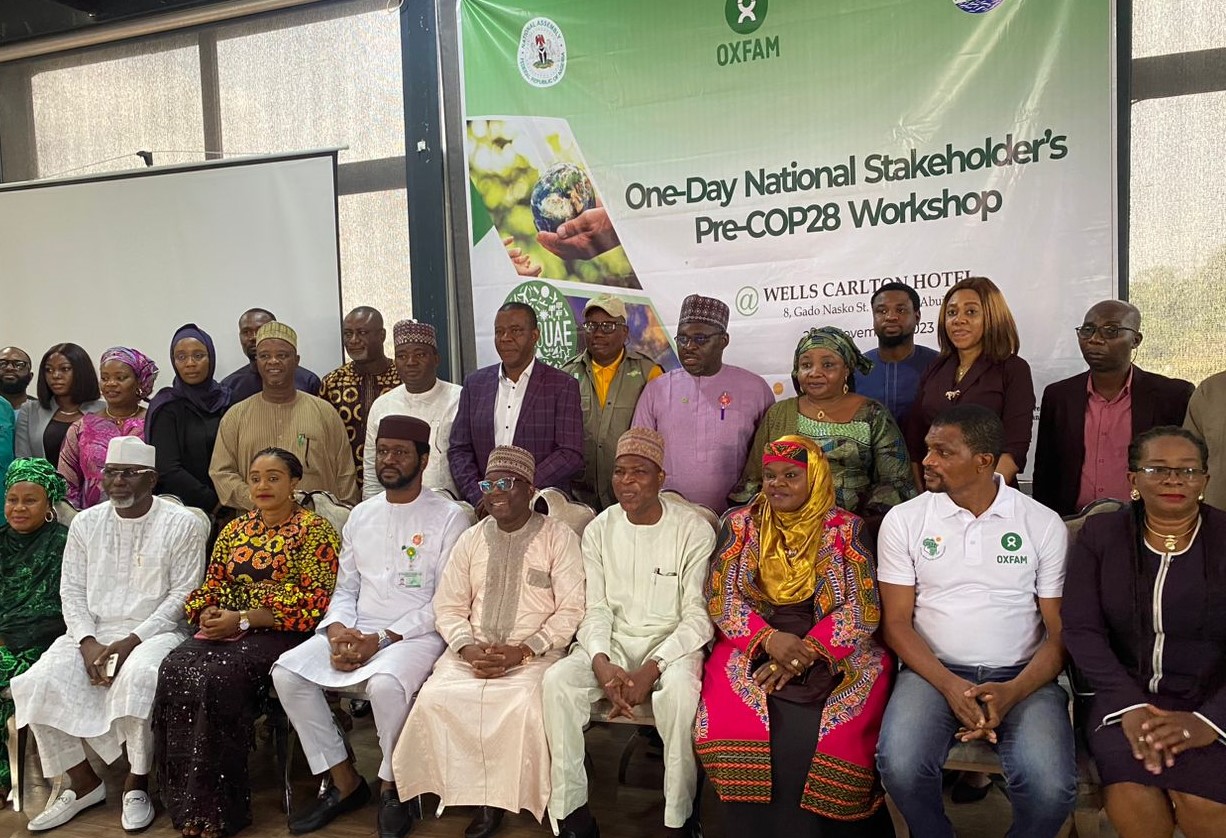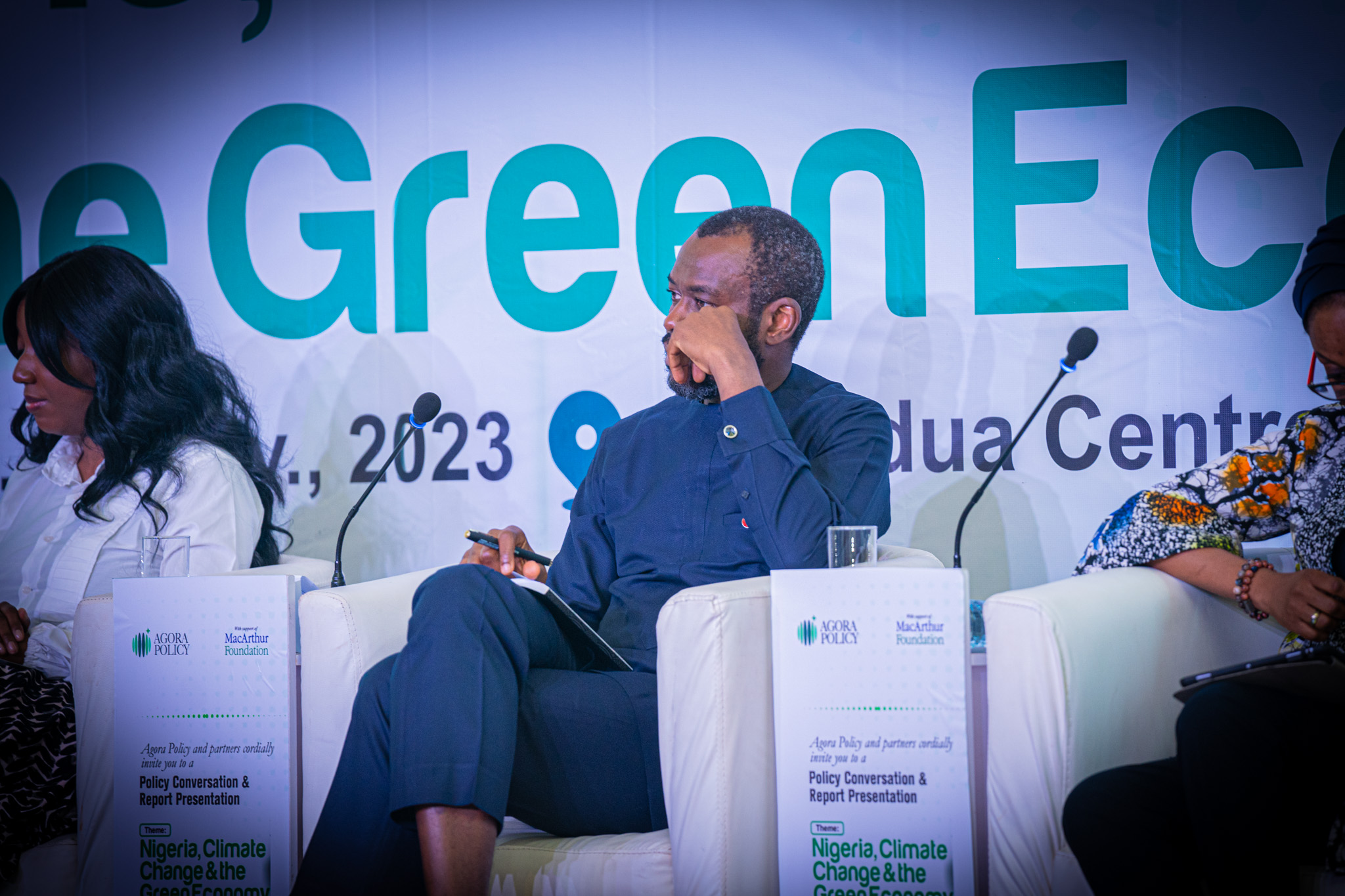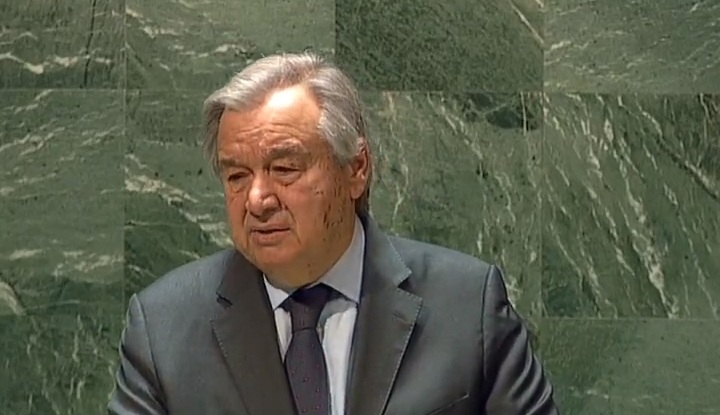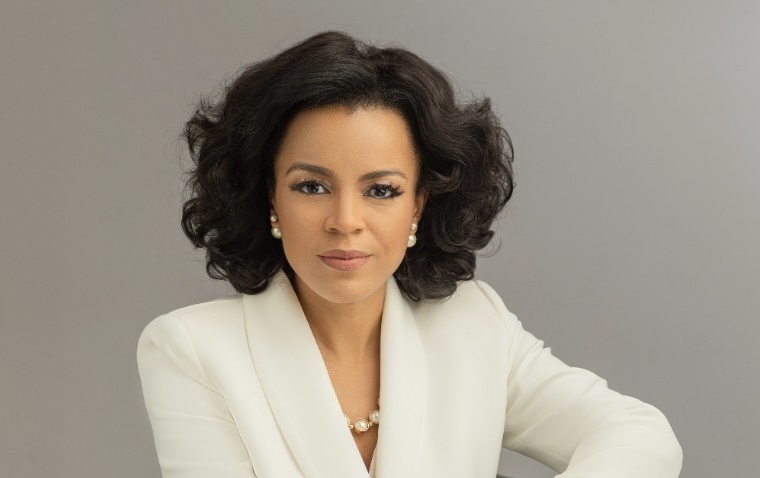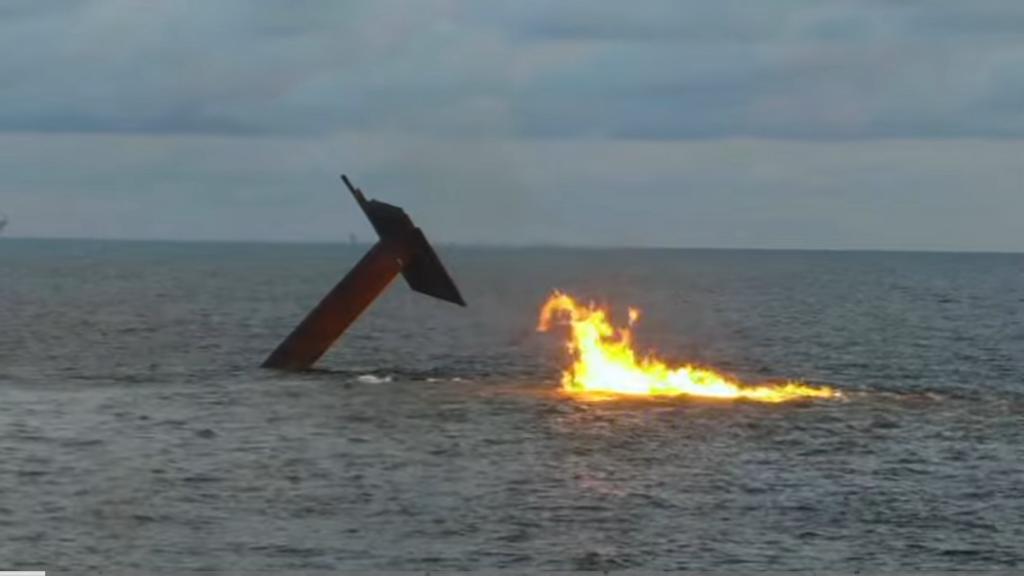Environmental stakeholders have asked the federal government to evolve innovative solutions to address the existential threats posed to the country by climate change.
The stakeholders spoke in Abuja on Wednesday during a policy conversation bordering on Nigeria’s climate change and green economy.
The conversation was organised by Agora Policy, an Abuja-based think tank, with the theme “Nigeria, Climate Change and the Green Economy”.
Emmanuel Oladipo, a climate expert and professor at the University of Lagos, said Nigeria needs to develop unique innovations in response to climate change.
Advertisement
He said the issue should not be addressed in isolation, adding that the country must harness the opportunities attached to climate change to develop its economy.
The climate consultant said the creation of the national council on climate change (NCCC), chaired by the president, is a “move in the right direction”.
“If we start talking about climate change in isolation without relating it to development, it will not make sense,” Oladipo said.
Advertisement
“No society can survive without responding adequately to the issue of climate change.
“Nigeria has a nation needs to recognize the problem. Climate change is not a totally bad story. Developed countries are using their response to climate change to bring out unique innovations.
“That is what Nigeria is missing. We have a lot of policies and plans but we are yet to carry out proper implementation.
“With the creation of the National Council on Climate Change (NCCC), there is a probability of having a comprehensive action plan that will incorporate the private sector, civil society organizations, the government and development partners.
Advertisement
“There is a good opportunity that we will be in the best position to respond adequately to the impacts of climate change.
“And to use that response as an opportunity to develop an economy where poverty and food security will not be a challenge anymore.”
Also speaking, Tengi George-Okoli, a senior officer at the Natural Resource Governance Institute (NRGI), said Nigeria needs to interact more with international communities.
George-Okoli said the country should develop “bankable projects” and negotiate “more specifically” in order to achieve its net-zero goals.
Advertisement
“Nigeria requires technology, finances, technical capacity and human resource development to be able to shift from fossil fuels to renewables,” she said.
“And that requires a lot of infrastructure, development and understanding of the value chain.
Advertisement
“What Nigeria can do is to negotiate more specifically in terms of what we need that international communities can actually key into.
“This can help us to achieve our goals. We can take concrete steps by developing bankable projects and taking advantage of the opportunities that exist.”
Advertisement
In her contribution, Olufunke Baruwa, programme officer at the Ford Foundation, said there is a need to “break down” the concept of climate change.
Baruwa said this will help people in vulnerable communities to understand the impacts of climate change and how it concerns them.
Advertisement
“The most vulnerable people in society will always be affected, particularly women and girls, persons with disability and those that don’t have access to compensation,” she said.
“These are the people that are going to suffer more. We need to break down climate change in a language that they will understand.
“We still have many people who don’t feel this is important but some of the numbers we have seen today clearly show that we are sitting on a time bomb.”
Add a comment
